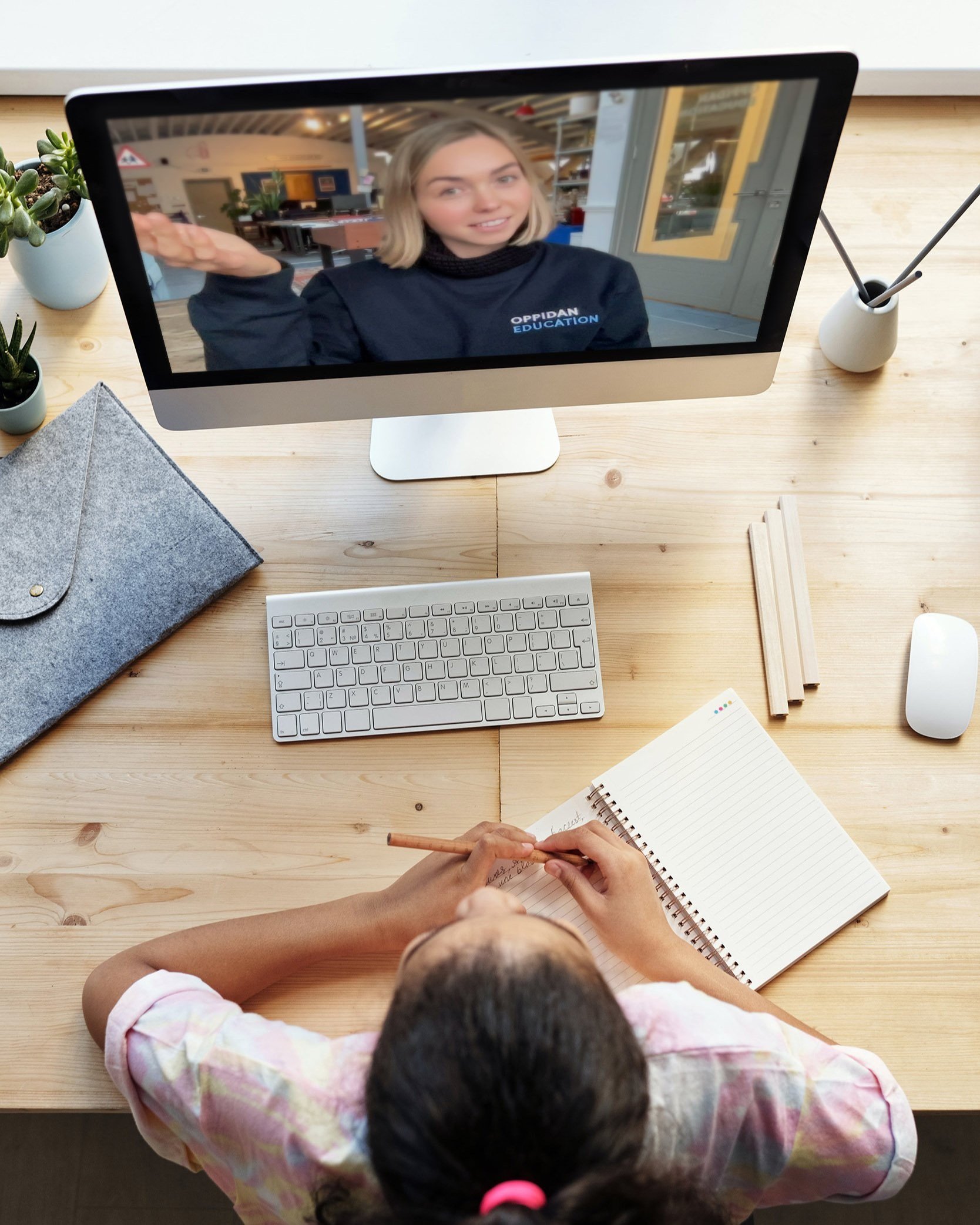Mastering private school interviews
At Oppidan Education, we recently passed 20,000 individual interview sessions with young people.
It caused us to reflect on what we’ve learnt and why we’re mentoring students through interviews in the first place.
What’s the problem?
In an ‘Update on student career readiness in 2021/22’ from the Careers and Enterprise Company (the UK government body tasked with career guidance in England) it was reflected that:
Most students rate their skills positively but nearly half are not yet confident talking about their skills in an interview.
Young people are getting better and better at developing long term skills, but many are still struggling to articulate and convey them to others. It’s a blocker for sustained success.
Indeed, over the course of the Autumn term 2022, Oppidan worked with over 600 pupils who took part in its interview day workshop. When surveyed, students were particularly concerned about speaking to people they didn’t know and articulating their skills to others.
So, what’s our advice?
At Oppidan, we’ve been helping students prepare for the skill of interviewing almost since the company began. We know that having skills and being able to articulate them are two entirely separate things. Whether it’s getting ready for a new school, a new university or a new job, we all know that feeling of panic when you’re asked a question you hadn’t thought about.
Yet, if we can mentor students to thrive in interviews, and do so in a gentle way early on, we give them an infinitely better chance of making a successful first step into their next chapter.
Here are some key things we’ve learnt:
Preparing students for interviews before Year 5 is unnecessary and potentially detrimental.
Some light (3 sessions max) preparation before a senior school interview is beneficial and leads to greater confidence and calm in advance of the process.
Students might learn how to:
Squeeze the juice - extracting as much detail from each answer as possible to develop the conversation
Steer the conversation – take charge and learn how to ‘pivot’ topic areas to things you feel most comfortable with
Think critically – learning how to assess a problem, reason clearly and consider both sides of an argument.
Show your working – think aloud and explain your thought process. Even if there is one, the interviewer is rarely looking for a ‘correct’ answer. They’re keen to see how you think and weigh up ideas.
What can I do over the summer?
No specific interview preparation is needed over the summer for children beginning the Pre-Test journey or applying to secondary school. The best way to prepare is to help your child get out and see the world and read! Open eyes, lots of walks and plenty of books.
Reading yourself as a parent, on holiday or in your free time, is essential for this. Parents can’t expect their children to become voracious readers if they don’t pick up and engage with books themselves. It’s worth getting them to think critically about what they’ve learnt when they finish a book:
What did you learn?
How was it different from other books you’ve read?
Why do you think the author wrote it?
If this book was a picture, what would it look like?
These questions are used frequently by our mentors to help develop self-reflection and critical thinking.
Overall, getting an interview right is a great skill and some careful, gentle preparation to do so is valuable. Over preparation is not advised, nor is undue pressure. This should be a fun exercise and the chance to enjoy a conversation with someone new.
Oppidan supports students with academic mentoring at home and skills mentoring in schools. Our mentors are trained to grow student confidence and improve results, especially at key transition points like moving to secondary school or university.
By Adam Goodbody
3-Session Interview Package
£360
We specialise in preparing children for their interviews for 11+ and 13+ entry to secondary schools. This package includes three one-hour sessions delivered live and online by a trained Oppidan mentor with reports to follow each session.


